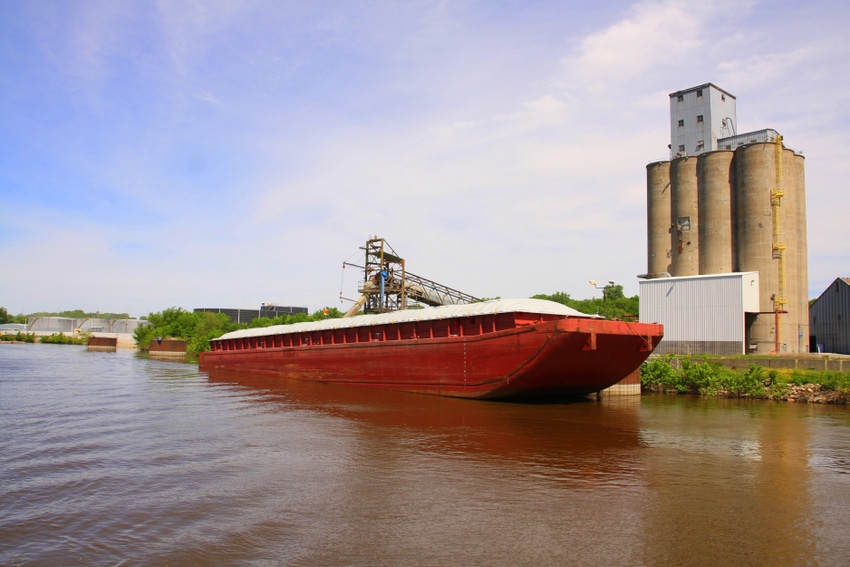Democrats, Trump talk infrastructure
Potential $2 trillion infrastructure bill needs to ensure farmer profitability.

Congressional Democrat leaders met with President Donald Trump Tuesday to discuss the prospects of developing and passing an infrastructure bill this year. Following the meeting, both speaker of the House Nancy Pelosi (D., Cal.) and Senate minority leader Charles Schumer (D., N.Y.) made positive assessments of the discussion.
According to Schumer, “That was different than some of the other meetings that we’ve had. This was a very, very good start. … We hope it will go to a constructive conclusion.”
The President and the lawmakers agreed to pursue a $2 trillion infrastructure bill. Pelosi noted that the two sides had “come to one agreement: that the agreement would be big and bold.” Trump and congressional Democrats said they will hold a second infrastructure meeting in three weeks to discuss how to pay for their $2 trillion vision.
Pelosi and Schumer reported that they did not agree on a method for generating the $2 trillion in funding but did agree to meet in three weeks to solicit Trump’s suggestions on funding sources.
Answering the question of how to pay for it remains the most imposing barrier to an agreement between the two sides, explained Mike Steenhoek, executive director of the Soy Transportation Coalition.
Steenhoek said the meeting clearly did not mark the finish line for providing an national infrastructure bill.
“However, one will never cross the finish line unless one first crosses the starting line. I am pleased that, in the midst of extreme partisanship and acrimony, both the President and Democratic congressional leaders were able to assemble around a table and discuss an important item on the ‘to do list’ of the American people and emerge from the meeting in closer agreement than when entering the meeting.”
Infrastructure offers the opportunity for a “win” for agriculture, as Steenhoek regularly discusses. He said Tuesday’s meeting between leaders should be a routine phenomenon but, unfortunately, is elusive in today’s political climate.
“We hope the bipartisanship on display during this initial meeting is not a fleeting moment but, rather, will start to build momentum toward a comprehensive infrastructure bill that will address the needs of both urban and rural America,” he added.
Steenhoek said it remains incumbent upon the Soy Transportation Coalition and the broader agricultural community “to ensure that, as these important discussions continue, the needs of our nation’s roads and bridges, highways and interstates, inland waterways, rail infrastructure and ports have a seat at the table.”
A bipartisan delegation of members of Congress visited Brazil and Argentina last week. During meetings with Brazil's President Jair Bolsonaro, the delegation learned that Brazil is looking to attract billions in private investment to improve the country’s infrastructure and, in particular, the capacity of its agricultural supply chain. Bolsonaro said the country is seeking upwards of $17 billion in private investment to modernize roads, railways and ports.
“President Bolsonaro is actively looking to close that gap, and there are plenty of investors in places that demand the products that our countries produce who are willing to step in and provide the funding to do it,” House Agriculture Committee chairman Collin Peterson (D., Minn.) said.
Steenhoek said he will continue to make the needs of agriculture known. “We look forward to continuing to promote an infrastructure that will be a facilitator of farmer profitability, not an obstacle to it,” he said.
About the Author(s)
You May Also Like




.png?width=300&auto=webp&quality=80&disable=upscale)
